Yuddha Bala
Meaning of Yuddha The word युद्ध (yuddha) as is generally understood, means to fight, battle, encounter, conquer and subdue. It implies the power to oppose and is symbolised in the sky by a conflict of the planets. The word योध (yodha) refers to a fighter, warrior, soldier or even a…

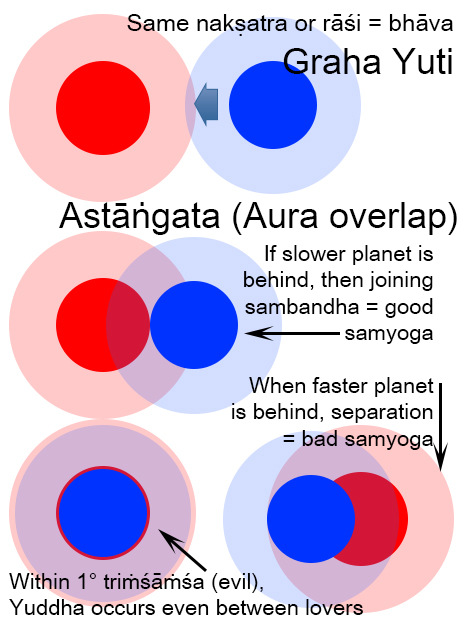
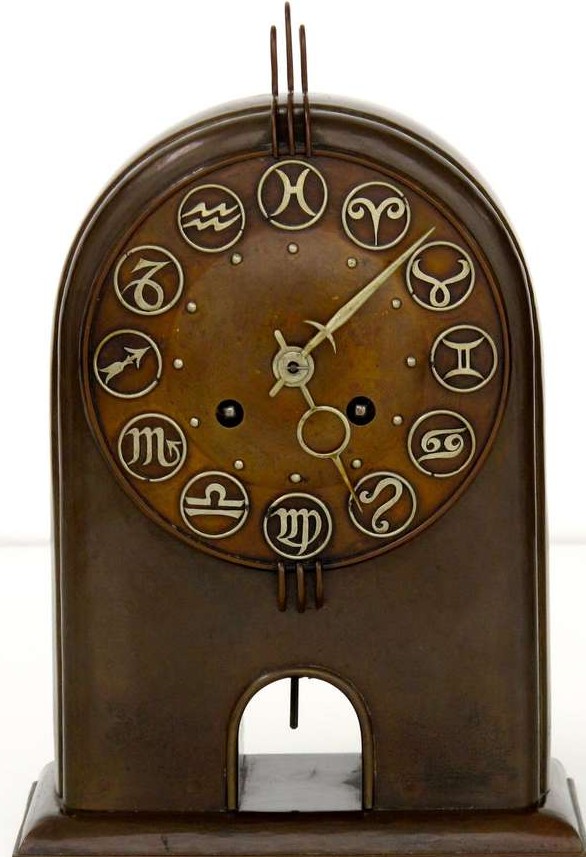

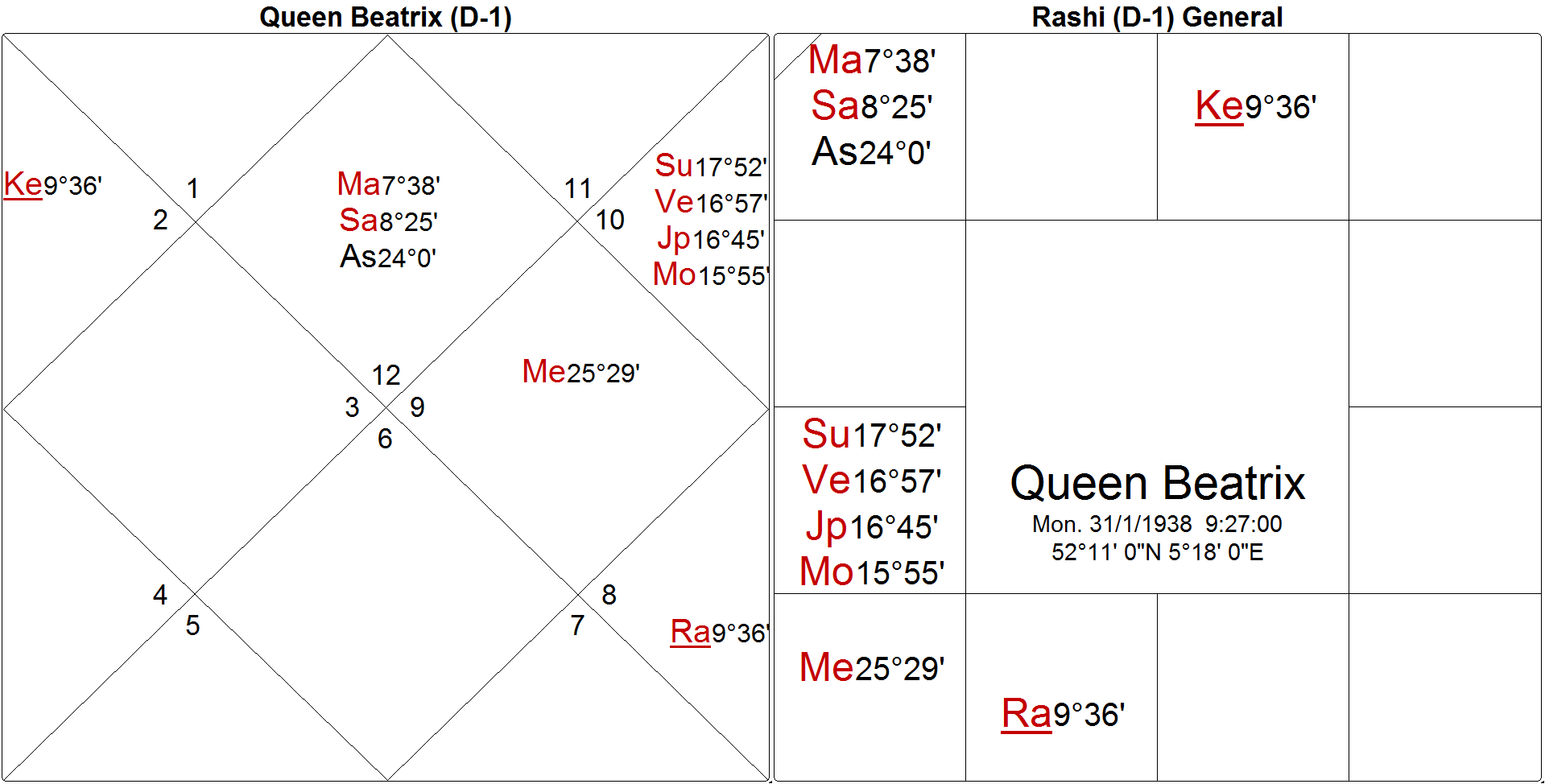
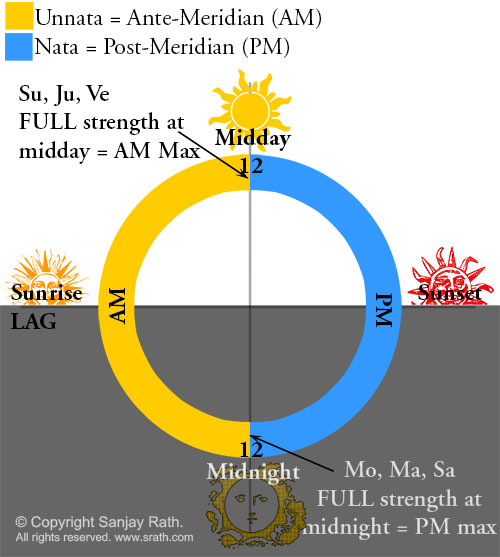

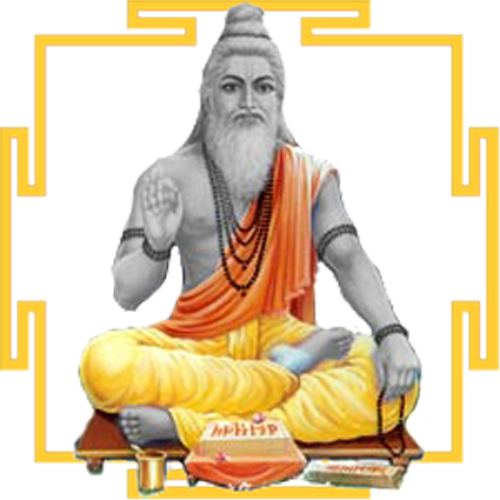 Sohamsa offers online courses in jyotish (Vedic Astrology) taught directly by Sanjay Rath as per the tradition, through narrated power points and other audio tools. The courses are at different levels, from the beginners through the intermediate to the advanced and are known as SoHamsa | DBC courses, with individual classrooms and assistant teachers
Sohamsa offers online courses in jyotish (Vedic Astrology) taught directly by Sanjay Rath as per the tradition, through narrated power points and other audio tools. The courses are at different levels, from the beginners through the intermediate to the advanced and are known as SoHamsa | DBC courses, with individual classrooms and assistant teachers